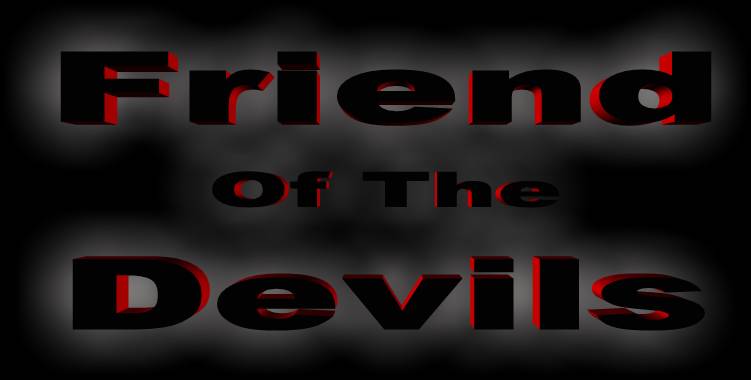| |
WHEN SCOTT BURNS was hired to produce Obituary's Slowly We Rot,
the Florida death metal band's first album, he had never before
supervised a recording. He must've learned fast, for it didn't take
long for word of Burns's knack for capturing the whiping essence
of death metal to spread through the industry. Later that year,
he recieved his big break when he was flown to Brazil to produce,
Sepultura's third album, Beneath The Remains (R/C). Now,
three years later, Burns is the leading producer on the death metal
circuit, and the creative rock at Tampa's Morrisound Studios, the
recording mecca of the death metal world. "When death metal first
started getting popular, no other studio wanted to work with it,"
says Burns. "We were here at the right time, things sound good out
of here, and we know the music-- how many other producers can say
they go home and listen to Death or Carcass?"
|
|
As it
became the studio of choice for scores of death metal bands, renowned
and obscure, Morrisound's reputation-- and bank account-- grew tremendously.
"Death metal has definitely helped us grow financially, and I think
we've helped the bands grow by giving them good production in return,"
says Burns. "Morrisound always brought in enough work to stay afloat,
but before we started doing death metal we wouldn't have been able
to buy a Solid State Logic console, a $400,000 board that is very
fast and powerful.
But death metal isn't the only form of music trickling through the
studio's new console. "We do a lot of other things," says Burns.
"Warrant just did some recording here. We've also done movie soundtrack
work, like Cocoon, lots of B-movies, rap music, all the
music for Busch Gardens-- lots of stuff."
Still, Burns says, none of his other work is as difficult as recording
such lightning-fast death metal bands as Morbid Angel, Deicide and
Atheist. "Recording a straight rock band is a lot easier because
their sounds are big and wide open." he explains. "It's relatively
easy to make everything sound good and in-your-face when it's played
slow, like at 100 beats per minute. At 250 beats per minute, it
gets pretty tricky."
|
|
Despite Burns's skill at capturing such high velocity music, he's
not without his detractors. Some bands have complained about getting
generic sounds, which could be a result of the high volume of death
metal product spit out by the studio. Burns acknowledges the complaints:
"That might be true in some ways-- but we're dealing with a lot
of bands who have similar styles of playing. The main complaint
is over the clickiness of the bass drums that results from having
the sounds triggered from a sample. But if you don't trigger, you
don't know what the guy is playing-- he could be cheating or missing
beats or not playing hard enough. The triggering corrects that.
But everything that comes out of here sounds pretty damn good, even
if it isn't the absolute best. And I honestly don't think there's
another studio out there that really knows how to handle superheavy,
fast, extreme bands."
Burns has matured as a producer with each project, polishing his
skills right along with those of the death metal bands with whom
he works. He continually searches for better ways to record the
music, and has only recently arrived at the best way to achieve
a massive, grinding guitar tone: "I used to double-track a lot of
guitars, but now I usually only use one. Some of these bands play
so fast that it's hard to keep it clean when you double-track. When
you stack guitars they get thicker, and you lose gain and distortion.
When you record them once you can get a hotter sound. Plus, using
only one guitar track can give you a more "live" performance in
the studio."
To Scott's well-trained ears, the right combination for recording
death metal guitar is: "an EMG 81 pickup, a Marshall 100-watt Valve
State head, and a Marshall 4x12 cabinet with 25-watt Celestion speakers.
But there's no way to guarantee getting a good sound."
"To be a good player, you have to know your limits," Burns says.
"Max [Cavalera] from Sepultura is a great rhythm player,
but he can't play a lead to save his life. Trevor [Peres]
from Obituary is also a good rhythm player who doesn't even try
to play leads-- he knows his limits, and there's a lot to be said
for that."
|
|
|

